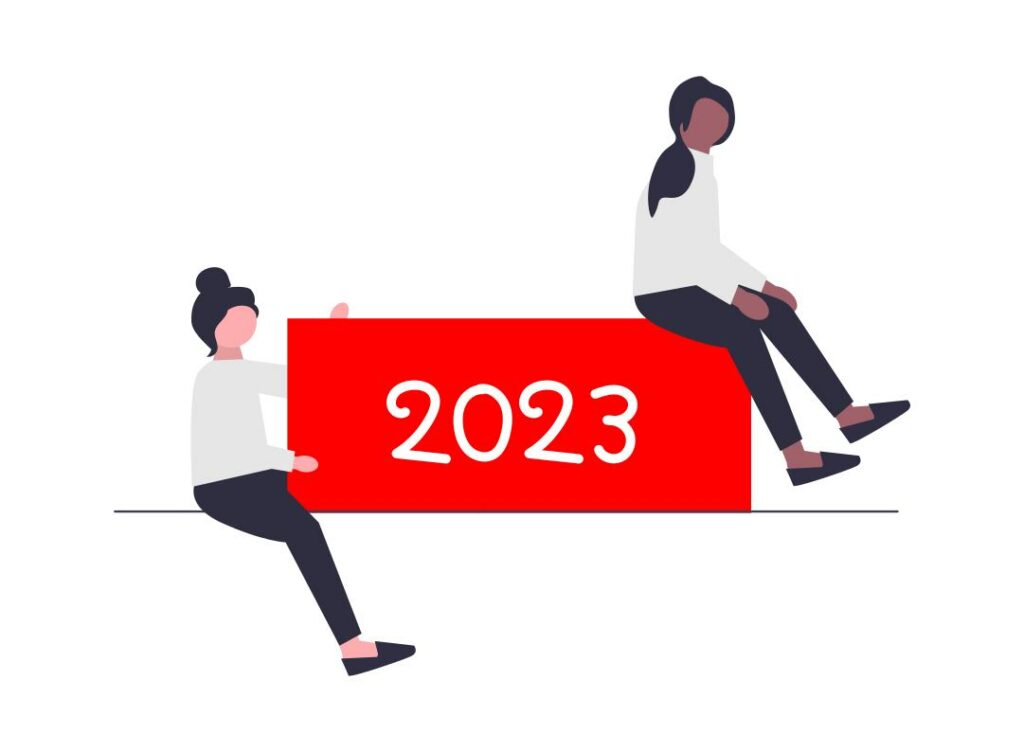New rules came into place on January 1, 2023, with respect to business and IT consultants
Effective January 1, 2023, changes made to the Employment Standards Act (“ESA”) relating to the meaning of “consultants” under the legislation. The ESA has now defined the term “consultant” in relation to both “business consultants” and “information technology consultants” or “IT consultants.” The topics that business consultants can cover include issues of finance, management, human resources, and even environmental concerns. IT consultants generally deal with issues relating to electronic data processing and computer systems. Individuals falling under the foregoing categories will be exempt from the ESA and its protections. To fall under the aforementioned definitions, as set out below, said individuals must meet certain criteria.
The ESA has set out that a “consultant” must have certain requirements to be exempt from the ESA. First, the “consultant” must provide services through a) a corporation of which the consultant is a director or shareholder to a unanimous shareholder agreement or b) is a sole proprietorship of which the consultant is the sole proprietor. It is interesting that partnership is left out of this definition. As it is set out right now, if there are two consultants acting in partnership, they would not meet the definition. However, they could possibly be both directors in a corporation.
The second criterion is that the “consultant” must be paid at least $60 per hour excluding bonuses, commissions, expenses and travelling allowances and benefits, or such other amount as may be prescribed.
The third criterion is that the “consultant” must be paid pursuant to a consulting agreement. It is not set out that the consulting agreement must be a written document.
Our Thoughts
Employers must really look at the relationship they have with certain “consultants” that they may use regularly. The legislation has defined who is a consultant very broadly.
However, how the aforementioned legislative changes are going to be interpreted remains unclear. For instance, if a consultant earns over $60 per hour but, for all intents and purposes, is truly an employee, will they not be entitled to the ESA’s protections? Is this legislative change enough to carve out the conventional tests used to determine employer – employee and principal – independent / dependent contractor relationships at common law? What if the person in question earns less than $60 per hour but is truly an independent contractor, do the above legislative changes create an employment relationship or is it simply the case that the above criteria are purely “exemptive” in nature?
We would suggest that if the employer has any questions or concerns relating to these issues to please contact an employment lawyer to discuss these concerns as soon as possible.

